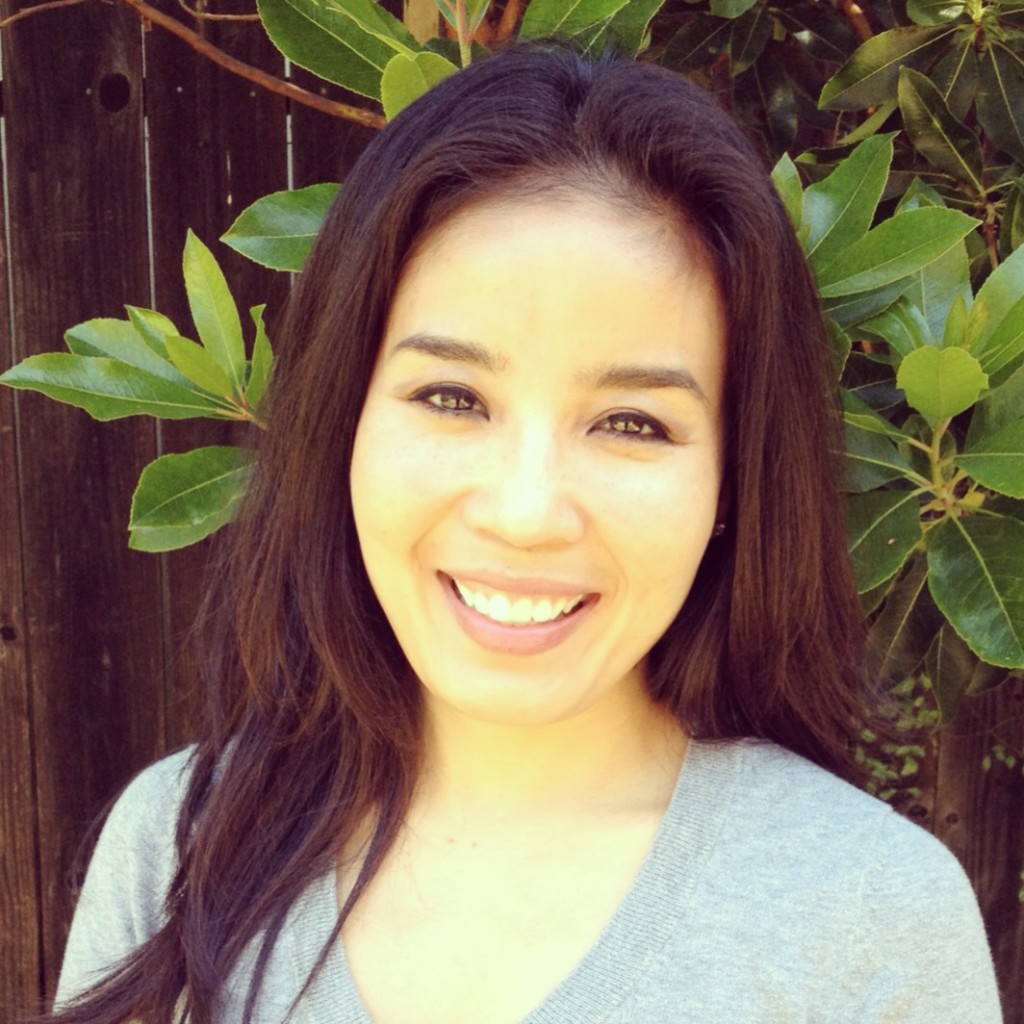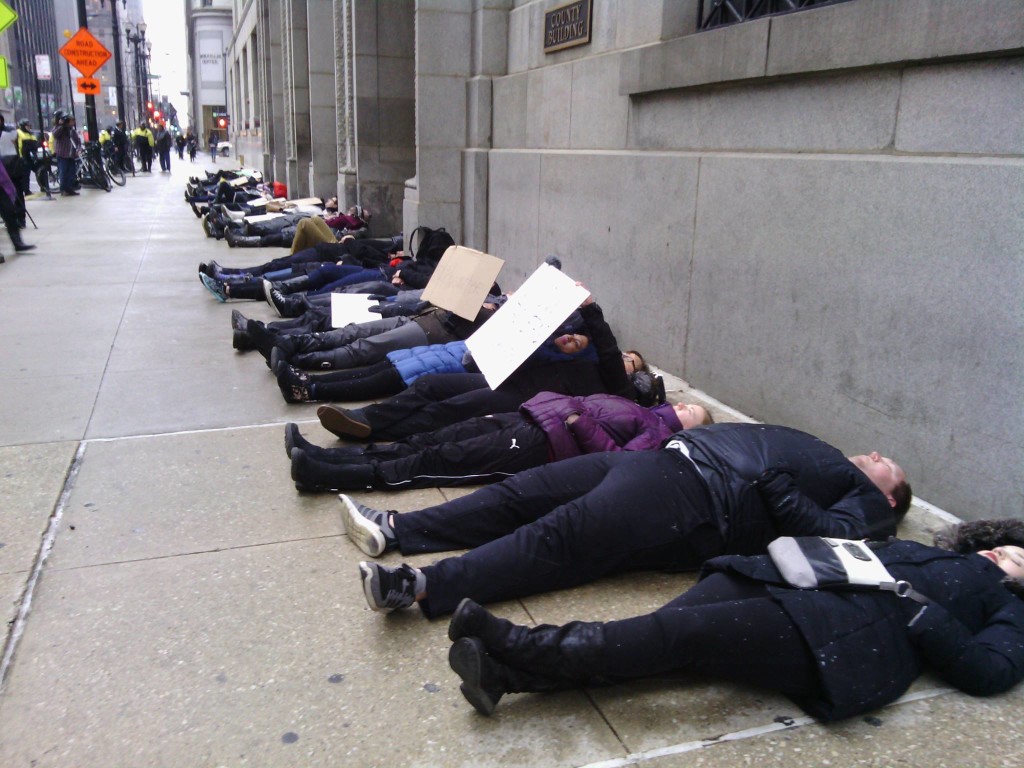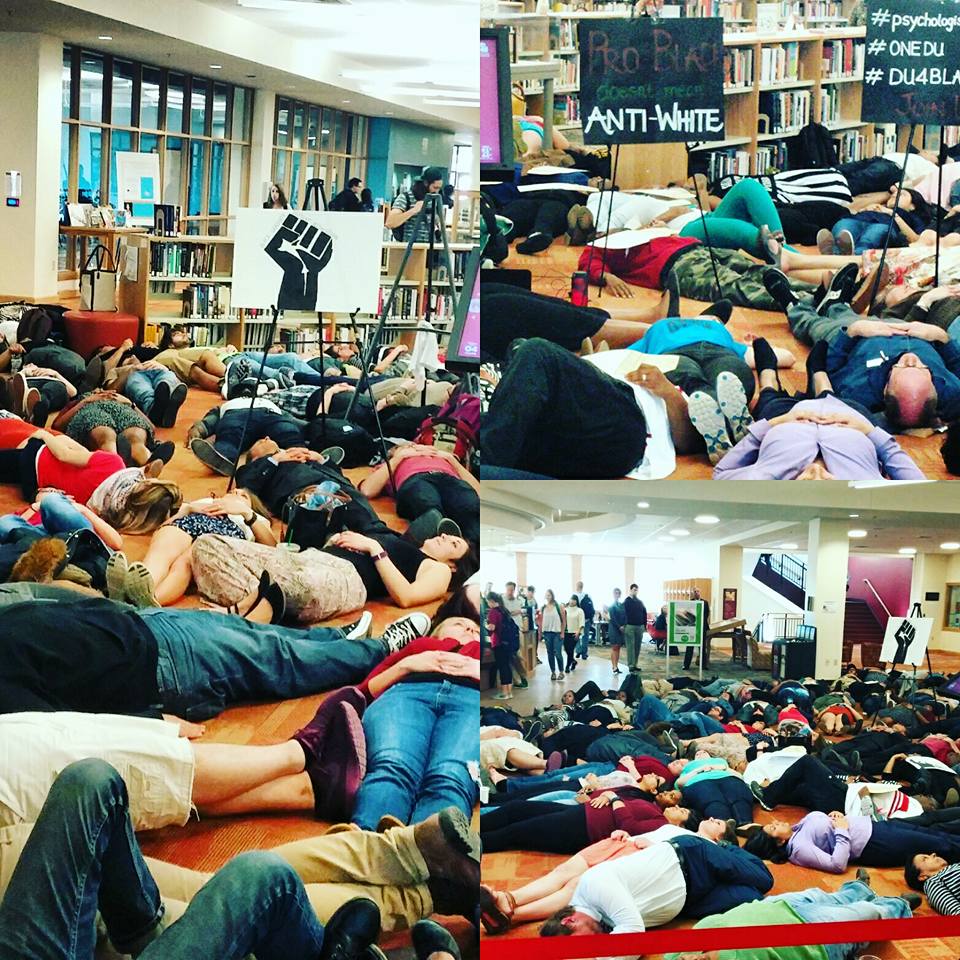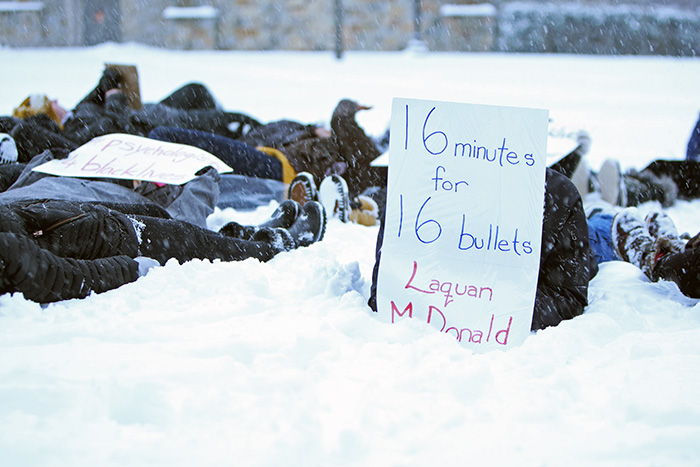While at the APA Convention, APAGS hopes you enjoy some of the amazing attractions and nature sites available to you while in Denver. For those who enjoy art, the Museum of Contemporary Art offers a range of regional, national and international artists and exhibitions rotate in and out of the museum, typically staying for two to four months. There is no permanent collection. There are, however, lecture series throughout the year on Thursday evenings and there are engaging education programs for teens. Visitors can grab a bite to eat or enjoy a glass of wine on the rooftop terrace and shop for quirky items from around the world in the compact museum shop (10best.com, 2016). While we on the APAGS Convention Committee do hope you take in the arts, we also would like to recommend an outdoor activity to take in some of the natural beauty in Denver.
A fine example of some outdoor leisure activity is Red Rocks. For those who enjoy more fitness related entertainment, Red Rocks Park and Amphitheatre offers a variety of recreation options for everyone. Visitors to Red Rocks are treated to 868 acres of deer, dinosaurs, pines and prairie, geological wonders and spectacular vistas. At 6,450 feet above sea level, Red Rocks Park is a unique transitional zone where the Great Plains meets the Rocky Mountains. The diverse environment allows visitors to see plants, birds, and animals of both regions. Whatever your pleasure, enjoy discovering the venue and park (Redrocksonline.com, 2016). While hiking and enjoying the sun can be very pleasurable, there is also something great about taking in a tasty meal. Denver over the years has become a beacon for amazing restaurants and eateries!
After you have spent a long day networking, presenting, and conferencing, a nice dinner may be just what hits the spot. Where better to try than Fruition. Open only for dinner, the Fruition Restaurant offers a menu of upscale comfort food honed by Chef Alex Seidel (Loomis, 2016). What Seidel and Fruition offer the diner is an experience of food sourced from a 10-acre farm. The farm is where Seidel, a hands-on farmer, produces fruits, vegetables, and cheese and raising animals for his restaurant. This hands-on experience has helped Fruition remains very popular, therefore reservations are a must. We hope you get to take advantage of being in Denver and enjoy a dining experience that you may not get in your home state. At the same time, if you are like us (and most graduate students) and are travelling on a budget Denver has many excellent FREE things to do!
There is much to see and do for free in Denver if you know where to look. It won’t cost a penny, for instance, to climb to the 15th step of the Colorado State Capitol building and snap an Instagram worthy selfie standing exactly 5,280-feet (or a mile high) above the sea. Inside, tours of the capitol are also free and reveal some historically intriguing conversation starters (Blond, 2016). It’s also free to walk the city’s many neighborhoods like Lower-Downtown or LoDo, the hip downtown shopping and dining district, where you’ll also uncover the city’s most revered bookstore, the Tattered Cover, where whole afternoons can be lost reading in the shop’s comfortable chairs. Taking in the sites, enjoying a nice dinner, and saving cash on free entertainment are just a few of the things you can enjoy while visiting Denver for APA. However, another part of the Denver experience are the freedoms it offers.
And let’s be real. Colorado, much like a few other states, has certain freedoms other states do not. Now as the saying goes, with great freedom comes great responsibility. This responsibility is especially important for those who are in the middle of the internship process. The following are clips from known internship settings:
- As part of the interview process, applicants must satisfactorily pass a security clearance procedure that includes a computerized Core Values Assessment (CVA), a pre-employment interview, an integrity interview which addresses issues of personal conduct, a subject matter expert interview, and a drug test.
- Applicants matched to the internship should understand that prior to beginning the internship they will be required to successfully pass a brief medical examination, which includes a drug test.
- VA conducts drug screening exams on randomly selected personnel as well as new employees. Interns can be required to be tested prior to beginning work, and once on staff are subject to random drug testing as are other staff members.
Each of the clips indicate a common theme for those applying to veteran’s administration settings or correctional facility settings: drug testing. For those who are beginning their placement in August or early September it is wise to note that generally standard urine tests can detect traces of THC several days after use, in the case of heavy users urine tests can sometimes detect THC traces for weeks after use stops (Drugabuse.gov, 2015). It is wise to be aware of your diet before and after marijuana use, your fitness level, and frequently of use. For example, those with little body fat who exercise regularly may have less body fat available to burn off the trace amounts of marijuana in the body. The time it takes for this person to be free of THC may differ and render them likely to return a positive test for THC, and inadvertently lose out on the chance for a valuable internship that she or he has worked very hard to achieve. While others who imbibe in marijuana use more frequently may need additional time then a less frequent user.
Outside of those in the midst of the internship process are those who will be presenting a poster, a symposium, or seeking to network with potential employers or graduate school personnel. For those who are hoping to make a positive public impression in some fashion it is wise to keep in mind the effect of marijuana or THC on your cognitive ability. While most are familiar with the negative effects of alcohol and the headaches which can result from a hangover, less are familiar with the type of carryover effects of marijuana.
For example, Leirer, Yesavage, & Morrow (1991), using a sample of airline pilots found 77% of the sample showed some degree of impairment 24 hours after smoking marijuana, yet only one reported any awareness of the effects of its . This finding is important to note in the event you decide to smoke or otherwise partake in the use of marijuana while at the APA Convention. You may find it helpful to plan your activities accordingly to ensure you are at your best when presenting a poster or a symposium, or talking with a potential internship director, and future employer.
All of this being said, we hope you have an enjoyable time while in Denver and make the most of your Convention experiences! As graduate students and professionals, we spend a great deal of our time caring for the well-being of others as we conduct research, provide therapy and counseling, teach, and participate in many other activities. We at the Convention Committee hope you take the opportunity to not only take in and enjoy the Convention experience, but also to take time to rest and recharge!
References
10best.com. (2016, January 1). Museum of Contemporary Art. Retrieved from http://www.10best.com/destinations/colorado/denver/lodo-lower-downtown/attractions/museum-of-contemporary-art-denver/
Blond, B. (2016, January 1). Denver free things to do. Retrieved from http://www.10best.com/destinations/colorado/denver/attractions/free-things-to-do/
Leirer, V. O., Yesavage, J. A., & Morrow, D. G. (1991). Marijuana carry-over effects on aircraft pilot performance. Aviation, Space, and Environmental Medicine, 62(3), 221-227.
Loomis, C. (2016, January 1). Fruition Restaurant. Retrieved from http://www.10best.com/destinations/colorado/denver/alamo-placita/restaurants/fruition-restaurant/
National Institute on Drug Abuse. (2015, May 1). Want to Know More? Some FAQs about
Marijuana. Retrieved from https://www.drugabuse.gov/publications/marijuana-facts-teens/want-to-know-more-some-faqs-about-marijuana
Redrocksonline.com. (2016, January 1). The Park. Retrieved from http://redrocksonline.com/the-park/recreation










 This has been an inspiring journey for me and I thank you all for your collective efforts in making this happen. We staged a coordinated event at 20 schools, across 12 states, with hundreds of student and faculty participants. You should all be proud of your efforts! Of course, this is just the first step in the #psychologists4blacklives movement and I hope that together we can keep the momentum going. We are planning to be at the
This has been an inspiring journey for me and I thank you all for your collective efforts in making this happen. We staged a coordinated event at 20 schools, across 12 states, with hundreds of student and faculty participants. You should all be proud of your efforts! Of course, this is just the first step in the #psychologists4blacklives movement and I hope that together we can keep the momentum going. We are planning to be at the 
 Schools throughout the country uploaded their pictures as well! Die-In participants at Virginia Commonwealth University, Boston College,
Schools throughout the country uploaded their pictures as well! Die-In participants at Virginia Commonwealth University, Boston College, 
 Participating Schools:
Participating Schools: